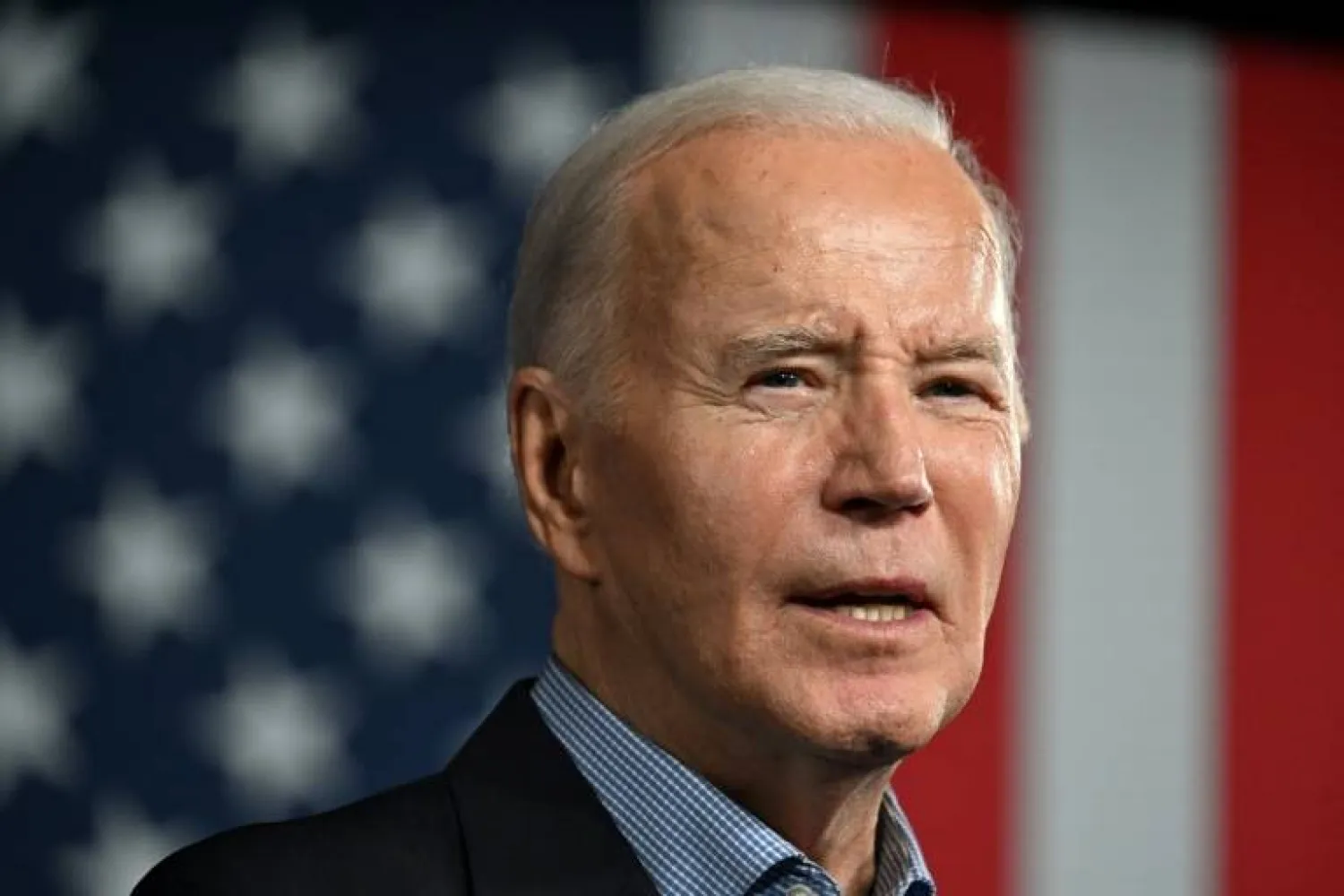Joe Biden said Benjamin Netanyahu's approach to the war in Gaza was "hurting Israel more than helping Israel" in an interview aired Saturday, as the US leader's impatience with his Israeli counterpart grows increasingly visible.
With Gaza's humanitarian crisis growing more dire and Biden's left flank in uproar, the US president made contradictory remarks as to the question of a "red line" over Israel's threatened offensive on Rafah in southern Gaza.
Netanyahu "has a right to defend Israel, a right to continue to pursue Hamas," Biden said, but added that "he must pay more attention to the innocent lives being lost as a consequence of the actions taken."
"In my view he is hurting Israel more than helping Israel," he said, AFP reported.
As to Israel's potential invasion of Rafah, where some 1.5 million of the territory's 2.4 million residents are now crammed, Biden was ambiguous.
"It is a red line," the 81-year-old Democrat said, immediately adding: "I am never going to leave Israel. The defense of Israel is still critical.
"There is no red line (in which) I want to cut off all weapons so they don't have the Iron Dome (air defense system) to protect them."
He then once again countered that there were in fact "red lines... You cannot have 30,000 more Palestinians dead."
Despite Biden's shift in tone, his administration has given short shrift to activist calls to cut the billions of dollars in military aid the United States sends to Israel.
Gaza has faced relentless bombardment by Israel since Hamas launched a shocking cross-border attack on October 7 that resulted in about 1,160 deaths, most of them civilians, according to official figures.
Hamas also seized about 250 hostages, 99 of whom are believed by Israel to remain alive in Gaza.
Israel's retaliatory operations in Hamas-controlled Gaza have killed more than 30,800 people, mostly women and children, according to the territory's health ministry.
Biden was evasive Saturday on the possibility of a new trip to Israel, which he visited in October shortly after the deadly Hamas attack, and which included a speech to lawmakers.
Asked if it was something he would do again, Biden responded "yes" but declined to say whether he was invited.









